National procurement policy
Federal contract bidders will need to hit sustainability targets
24 Apr 2024
Companies bidding for millions in federal government contracts will need to meet new sustainability standards, including for the use of recycled content, as part of a phase-in of rules designed to boost Australia’s circular economy.
Environment Minister Tanya Plibersek said government departments would use their purchasing power to reduce waste and promote recycling, mandating the first rules for government construction services contracts worth more than $7.5 million from July 1 this year.
BlockTexx co-founder Graham Ross. The company has a unique chemical recycling process for textiles. Peter Wallis
The rules will require contractors to report on the cutting or repurposing of waste and the replacement of single-use materials with recycled content.
From July 2025, the rules will be extended to any new contracts for textiles and information technology purchases worth more than $1 million, as well as contracts related to new furniture, fittings and equipment.
The rules have been developed in consultation with construction services companies and industry groups, and are expected to apply to about 50 per cent of the value of construction services procurements from day one.
The scaling up of the rules will extend their reach and increase the share of companies already collecting sustainability data.
“Our national procurement policy will cut waste to landfill, help boost recycling and reduce emissions, all while supporting good, local jobs,” Ms Plibersek said.
“Just as many Australians look for recycled content or environmentally friendly products at the supermarket, the Australian government will use our purchasing power to back cleaner, smarter, more environmentally sustainable businesses.
“We’re giving business the confidence to invest in products that support a circular economy, without the green tape. This is important work that will help leave nature better off for our kids and grandkids.”
Graham Ross, the co-founder of Queensland-based company BlockTexx, welcomed the move. BlockTexx workers recover polyester and cellulose from textiles and clothing.
It uses an Australian-invented chemical recycling process, relying on blockchain technology to ensure the security of disused uniforms.
“The government can really stimulate the opportunities for future markets,” he said. “Setting clear policy around procurements is one way that the country’s largest procurer sets a tone in the market for businesses like ours at an early stage.
“The market needs some stimulus for bringing in recycled product – whether that’s through concerns over quality or concerns over quantity – and it allows companies like ours to attract private investment to scale.”
Mr Ross said the government needs to help adjust community expectations about waste, and move to using recycled content to replace virgin materials.
“We’re not about just building a single factory but being at the start of the textile resource recovery industry. As we’ve heard from the government: we need sovereign business and onshoring of our manufacturing.
“There’s a whole industry here we haven’t even tapped.”
The new procurement rules are part of the government’s first national environmentally sustainable procurement policy, promised by Labor ahead of the last federal election.
Under the former Coalition government, department procurement rules included sustainability strategies and benchmarks for the use of recycled content, but mandated rules for recycled content were omitted.
About 75 per cent of G20 countries have overarching circular economy policies in place.
CSIRO research released in 2022 found that the circular economy – the model of production and consumption that sees waste as endlessly reusable – could give Australia’s GDP a $23 billion boost and create 17,000 jobs.
